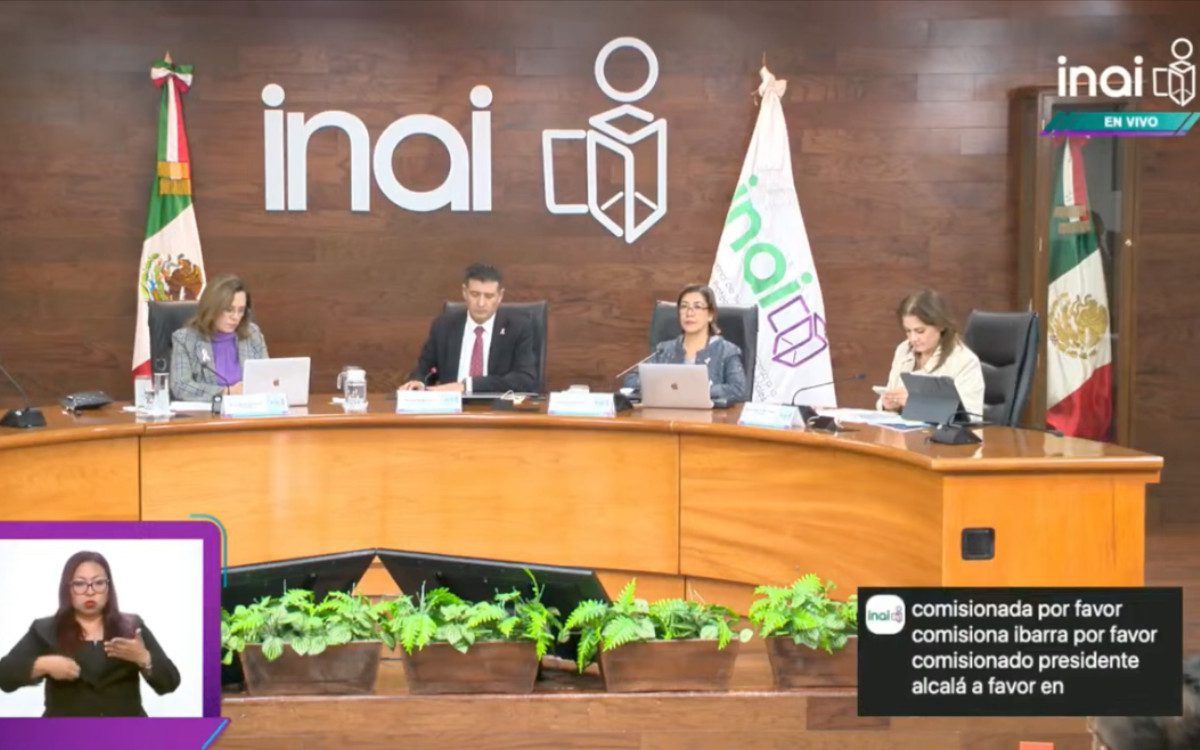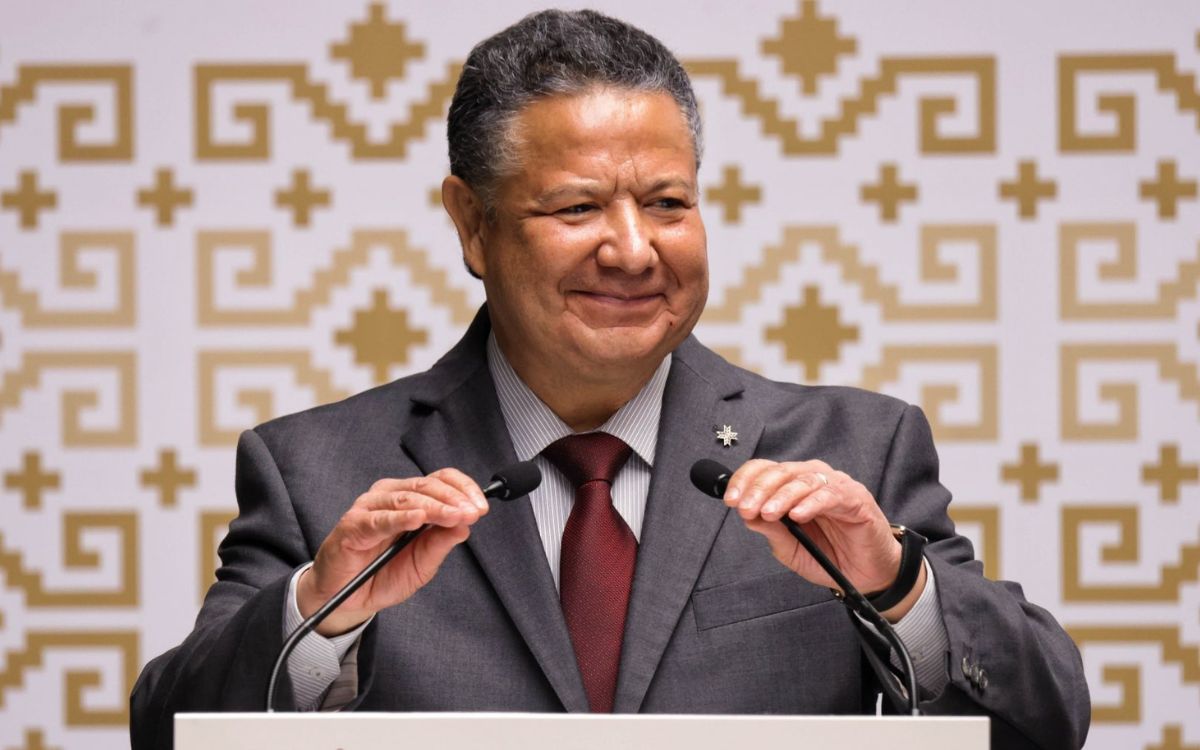
Political consciousness may be born in the most unexpected of moments. Even while one is learning to play Johann Sebastian Bach’s piano preludes. Vivek Ramaswamy, a multi-millionaire investment banker born to Indian parents, experienced his conservative awakening as a young boy, during piano classes with a Christian tutor in Ohio. Between songs, the instructor shared her none-too-positive opinions on Hillary Clinton, and hyped the kind of freedom of speech and virtues of patriotism extolled by Ronald Reagan. Ramaswamy says the lessons planted a seed in the man who would one day become a leading Millennial voice for the anti-woke movement. With Donald Trump’s return to the White House, the entrepreneur is now stationed at the head of the brand-new Department of Government Efficiency, alongside Elon Musk.The 39-year-old Ramaswamy was born and raised in Cincinnati, a son of immigrants. His mother was a geriatric psychologist and his father, an engineer who worked for General Electric. The young man went to Catholic school, where he learned the Judeo-Christian values he would later come to champion. When he was born, he has said, his family commissioned his astral chart reading. It predicted that he was destined for greatness. His family endowed him with a sense of “deep-seated superiority,” according to The New Yorker. Guided by the stars or not, he began fulfilling his prophecy from an early age: he was the first in his class and competed in tennis at the national level.Though he presents himself as a scientist, Ramaswamy in fact hails from the world of finance. His Wall Street-approved resume is proof: after earning his degree in biology from Harvard, he went to the prestigious Yale Law School. There, as he relates in his book Woke, Inc.: Inside Corporate America’s Social Justice Scam (Center Street, 2021), he interned at a hedge fund only to leave in disgust. A subsequent internship at Goldman Sachs was no better. The work seemed to him to be a “farse” in which bankers in custom-made suits pretended to stay busy.At Yale Law, he met his wife Apoorva, a doctor who already had two children. He also became friends with another student who, like Ramaswamy, was a fan of the NFL’s Cincinnati Bengals: J.D. Vance, who is now vice president-elect of the United States. After graduation, Ramaswamy got a job at QVT Financial as an analyst, a position well-suited to a man of his academic pedigree.After seven years at the firm, he founded Roivant Sciences, a biotech start-up. Pharmaceutical development is a long and costly process, one that often fails to reap results. He had an idea to look for drugs whose development had stalled, then buy and finance them through the use of subsidiaries until eventually approved and sold. In 2015, at just 29 years old, one of his subsidiaries staged the sector’s best IPO of all with a promising Alzheimer’s treatment. The drug, which Ramaswamy had acquired for $5 million and whose valuation at one point approached $2 billion, wound up being a failure.Political adventureDespite having participated in several on-campus groups as a student in which he showed his flair for polemic — he once argued at Harvard against raising janitor salaries because the student movement to improve their pay was condescending — his early years as a CEO did little to portend his eventual rise to political guru. The turning point came when Larry Fink, CEO of BlackRock, the world’s largest asset manager, announced that the firm would consider climate risk as a factor in its investments going forward.At Harvard, his Bach days behind him, Ramaswamy made libertarian versions of his beloved rapper Eminem’s tracks, under the pseudonym Da Vek. At one of the would-be politician’s rallies during the primaries, Ramaswamy pumped up the crowd with his take on Lose Yourself. Eminem responded with a public statement telling Ramaswamy to stop using his songs.In February 2020, Ramaswamy wrote an op-ed in The Wall Street Journal in which he argued that society created businesses to cover basic needs, not to promote social values held by a small group of people. So began his crusade against ESG criteria (which encompasses factors related to environmental sustainability, social impact and governance practices) and the “woke movement,” which he has excoriated in several books. His convictions led him to start his own “anti-woke” investment fund with the tongue-in-cheek moniker WhiteStone (though BlackRock would paradoxically become one of the primary investors in Roivant) and, more recently, set his sights on the White House.As a candidate in the Republic primaries, Ramaswamy was able to make a mark in political discourse thanks to appearances on the conservative Fox News, on which he espoused controversial takes that reflected his bullish confidence. The electoral foray, which he self-financed, didn’t last long and he wound up throwing his support behind Trump. The episode laid the groundwork for his eventual appointment to the leadership of the new Department of Government Efficiency. He and Musk have made an early proposal to cut 90% of Federal Reserve employees.In the past, Ramaswamy had referred to Musk as a “circus monkey” who was at the beck and call of the Chinese president, due to Tesla’s dependence on the Asian country. For his part, Trump has called Musk a “bullshit artist” in the past, though the president-elect has since brought Musk on as one of his key advisors. Perhaps these insults are water under the bridge. Every good polemicist — and there’s no doubt that these three men qualify — know that its today’s new cycle that really matters. And right now, they have a job to do.Sign up for our weekly newsletter to get more English-language news coverage from EL PAÍS USA Edition

The ‘anti-woke’ guru helping Elon Musk to make the US efficient again | Opinion
Tiempo de Lectura: 4 Minutos
What’s your Reaction?
0%
Love
0%
Smile
0%
Haha
0%
Sad
0%
Star
0%
Weary
Shares:







